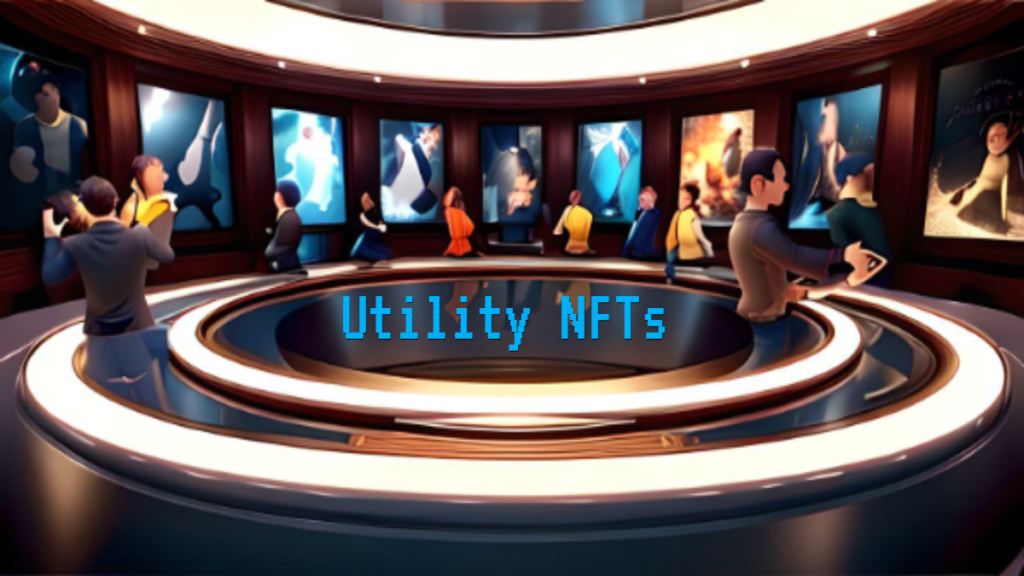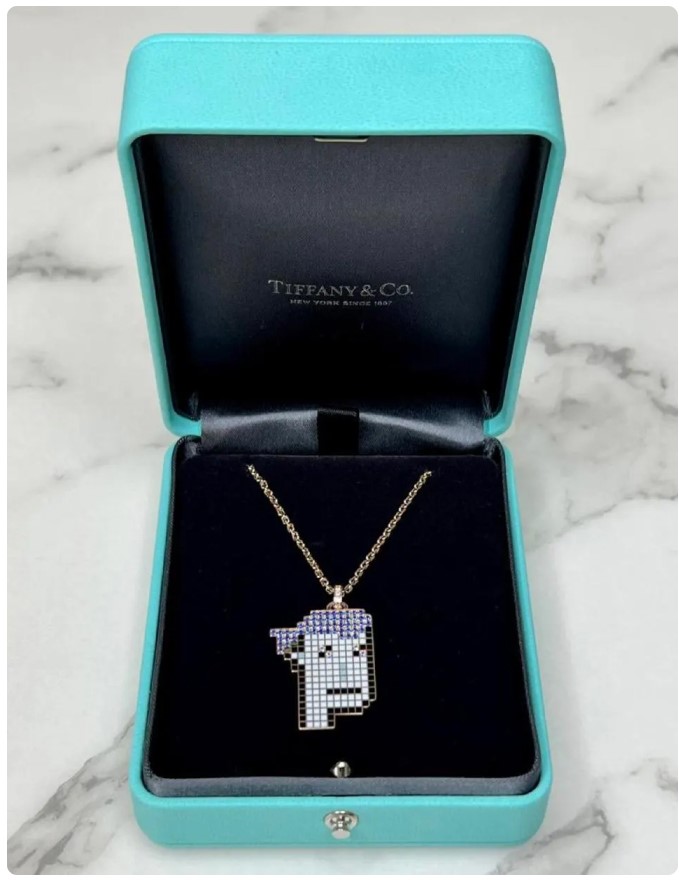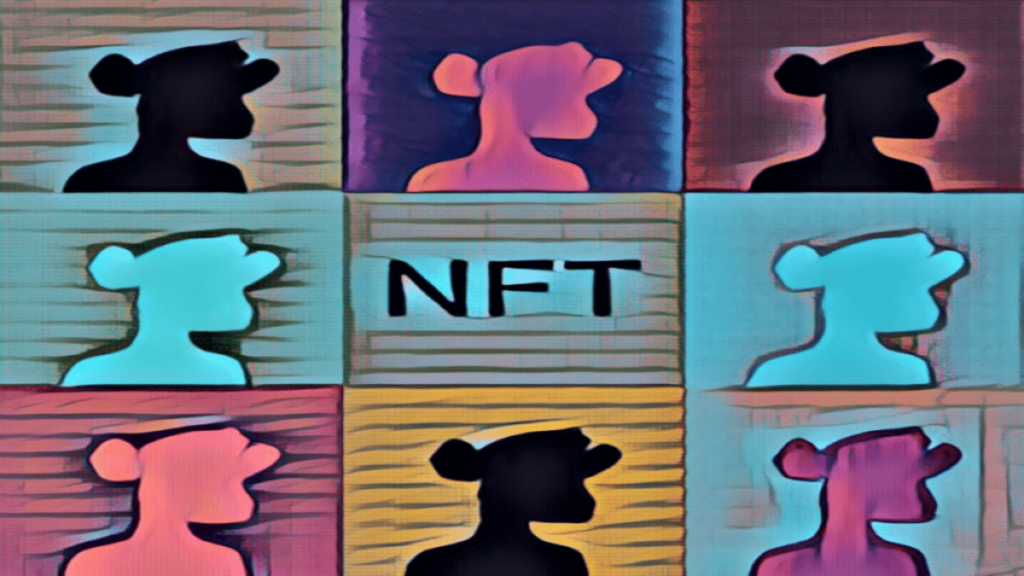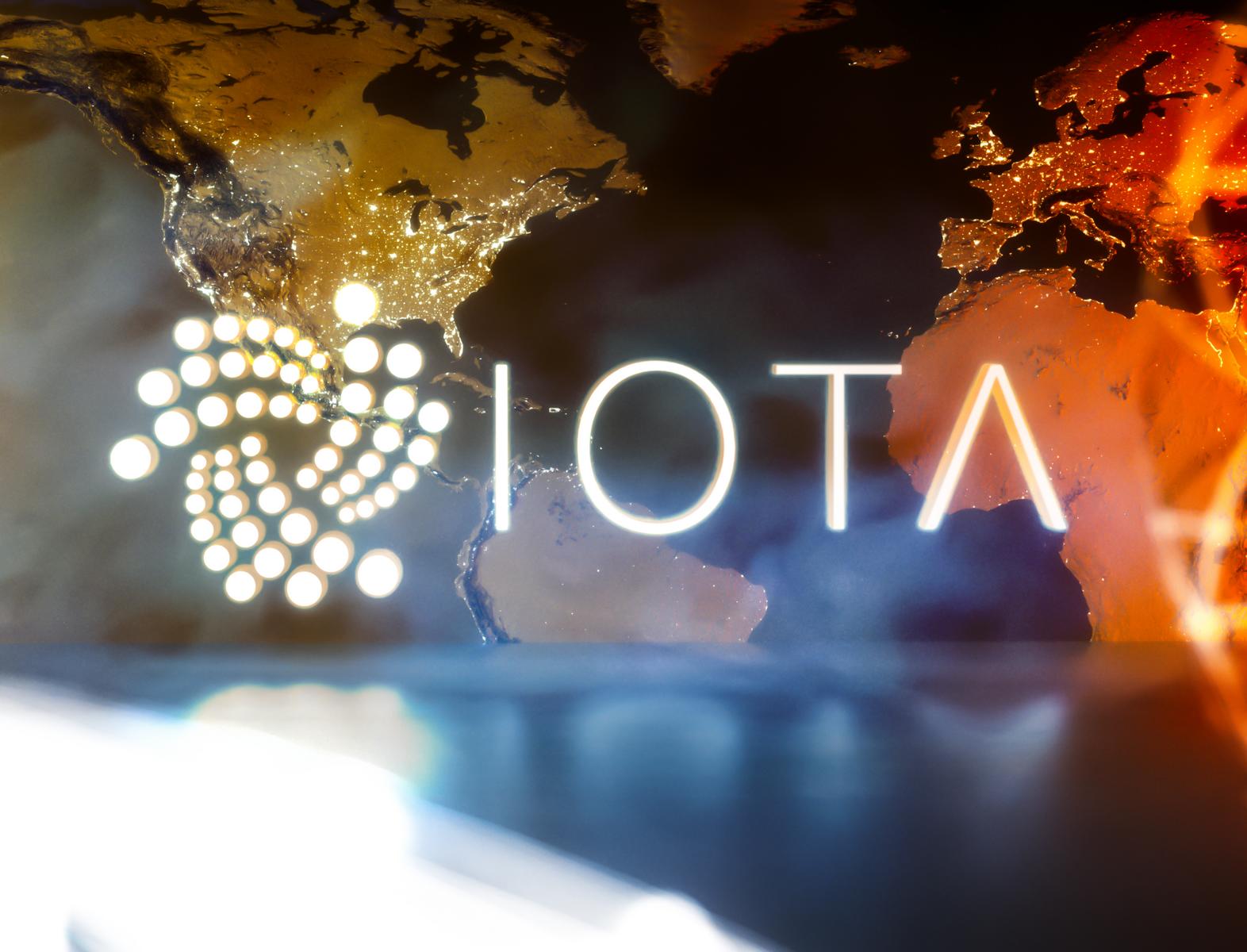ARTICLE AD BOX

The world of non-fungible tokens (NFTs) has witnessed a revolutionary transformation with the emergence of utility NFTs. Unlike traditional NFTs, which are primarily valued for their scarcity and artistic appeal, utility NFTs offer practical functionalities and tangible benefits to their holders. This article delves into the concept of utility NFTs, exploring their significance in the evolving landscape of digital ownership.
Exploring Utility NFTs: A New Era in Digital Ownership
Utility NFTs represent a significant departure from the conventional notion of digital collectables. While traditional NFTs are often associated with high-priced artwork and exclusive collectables, utility NFTs expand the horizon by offering value through attached perks, privileges, rewards, and experiences.
The year 2021 marked a pivotal moment for NFTs, as they transitioned from being niche assets to mainstream phenomena. Notably, Beeple’s sale of “Everyday: The First 5,000 Days” for $69 million at Christie’s catapulted NFTs into the spotlight, sparking a wave of interest and investment.
However, amidst the frenzy surrounding NFTs, criticism arose regarding their perceived lack of intrinsic value. In response, a new wave of NFTs emerged, often referred to as NFT 2.0 or value-added NFTs. These utility-driven NFTs aim to imbue digital assets with practical applications and real-world utility, transcending their role as mere collector items.
This shift represents a paradigmatic change in the NFT space, as it seeks to integrate blockchain technology into everyday life through functional and utilitarian assets.
 Source: forbes
Source: forbesUnravelling the Mechanics of Utility NFTs: How They Work
Utility NFTs operate on the premise of extending beyond the boundaries of traditional digital ownership. Unlike their counterparts, which derive value primarily from scarcity or artistic merit, utility NFTs offer tangible benefits and functionalities to their holders. These benefits are encoded into self-executing smart contracts, which govern the interactions and transactions associated with the NFT.
The functionality of utility NFTs varies depending on the specific use case and platform. For instance, in the gaming industry, utility NFTs can represent in-game assets, characters, or special abilities, allowing players to buy, sell, and trade them within the gaming ecosystem. Similarly, utility NFTs can grant exclusive access to events, services, merchandise, or governance rights within specific communities or platforms.
Furthermore, utility NFTs are designed to be interoperable, enabling seamless interaction with various decentralized applications (DApps) and platforms within the blockchain ecosystem. This interoperability enhances their versatility and utility, allowing them to transcend the boundaries of individual platforms and services.

Use Cases of Utility NFTs
Utility NFTs have found applications across a wide range of industries and domains. Some notable use cases include:
- Gaming: Utility NFTs are revolutionizing the gaming industry by offering players ownership of in-game assets and providing them with unique gaming experiences.
- Exclusive Access Rights: Certain utility NFTs grant holders access to exclusive events, services, merchandise, or governance rights, fostering a sense of exclusivity and community engagement.
- Tokenized Physical Assets: Utility NFTs are being used to tokenize real-world assets such as real estate, luxury goods, and intellectual property rights, enabling fractional ownership and streamlined transactions.
- Music and Concerts: Utility NFTs associated with music and entertainment offer holders benefits such as royalty distribution, access to gated content, and opportunities to engage with artists and their teams.
Why Utility NFTs Matter
Utility NFTs play a pivotal role in shaping the future of digital ownership and blockchain functionality. They offer tangible benefits and practical applications, extending beyond the traditional audience of collectors and enthusiasts. By incorporating real-world utility into digital assets, utility NFTs become accessible and appealing to a diverse range of users, fostering broader adoption and engagement.
Moreover, utility NFTs are instrumental in brand building and customer loyalty. By offering exclusive perks and benefits, utility NFTs create a unique and engaging brand experience, fostering a sense of exclusivity and community among token holders. This, in turn, cultivates long-term loyalty and engagement, strengthening the bond between brands and their audience.
In essence, utility NFTs represent a new frontier in digital ownership, offering a blend of functionality, utility, and engagement that transcends traditional notions of value and ownership. As the adoption of blockchain technology continues to grow, utility NFTs are poised to play an increasingly significant role in shaping the digital asset landscape.
.png)
 8 months ago
6
8 months ago
6








 English (US)
English (US)